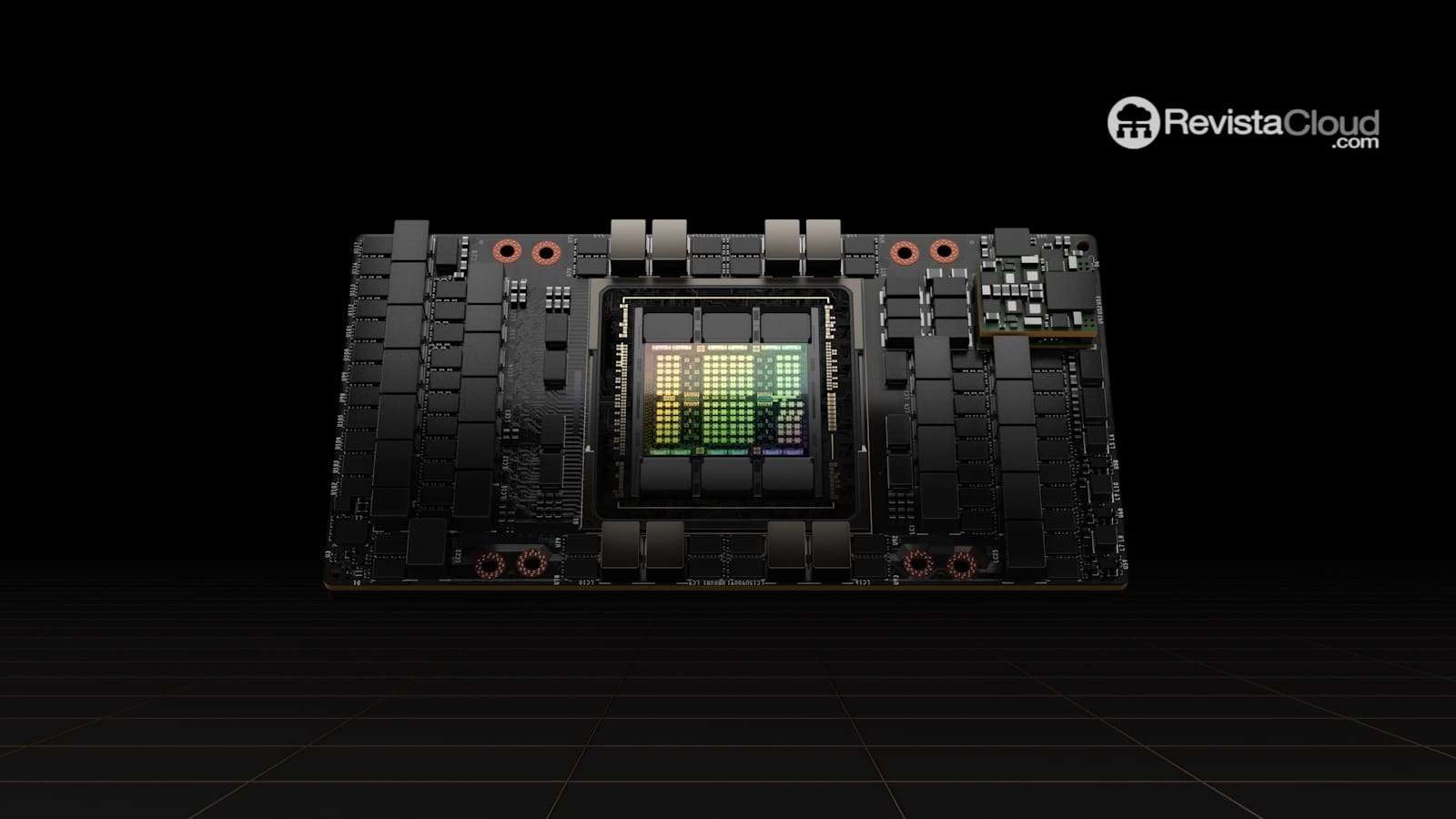A Singapore-based company, Megaspeed, is under investigation by U.S. authorities for allegedly purchasing and rerouting Nvidia AI processors to China, bypassing Washington’s sanctions. The operation, revealed by an investigation from the The New York Times, reportedly reached a volume of more than $2 billion in GPUs during 2024 and 2025.
The case points to a new chapter in the technology war between the United States and China, with Singapore possibly serving as an intermediate node in a network of illegal reexports of advanced hardware destined for Chinese data centers.
An Intermediary Created from China
According to the investigation, Megaspeed was established in 2023 as an offshore subsidiary of the Chinese firm 7Road, a gaming and cloud computing company backed by Beijing’s state investors. The new entity, based in Singapore, is believed to have been designed to circumvent U.S. export controls on high-performance chips destined for China.
Megaspeed began purchasing Nvidia H100 and H800 GPUs, models prohibited for the Chinese market since the 2022 sanctions aimed at limiting China’s access to advanced AI training technologies. According to The New York Times, these purchases were funneled to Chinese clients or partners, either through covert reexports or via remote cloud resource sharing.
The Connection to Nvidia and the Social Scandal
The central figure of Megaspeed is Alice Huang, an entrepreneur with little recognition in the tech sector, who made headlines after attending Computex 2024 in Taipei, where she was photographed at an event alongside Jensen Huang, Nvidia’s CEO.
Industry insiders indicated that the meeting occurred after Megaspeed announced a commitment to buy $2 billion worth of Nvidia AI chips for the following year. This pledge raised suspicions among analysts and competitors, who found it hard to justify such a large order for a company with no known track record or infrastructure.
Following the allegations, Nvidia denied any direct ties to China in relation to Megaspeed and emphasized that all its sales fully comply with U.S. export laws.
Washington Focuses on the “Gray Ports” of Tech Trade
The U.S. Department of Commerce has confirmed that an ongoing investigation is examining Megaspeed and other companies based in Singapore, Hong Kong, and Dubai that might be acting as channels for reexporting AI chips to China.
Sources in the sector mention that since Washington banned the sale of GPUs A100, H100, H800, and H20 to the Chinese market, networks of intermediaries have proliferated that acquire these products through third countries — notably Singapore and Malaysia — to then resell or provide remote access to Chinese companies.
This phenomenon has been fueled by the huge demand for computing power in China, where firms like ByteDance, Alibaba, and Baidu are desperately seeking resources to sustain their development of generative AI models.
A Case That Could Intensify Tech Tensions
If the processor diversion is confirmed, the Megaspeed case could strengthen Washington’s arguments to tighten existing sanctions and expand the list of banned entities. It could also lead to sanctions against companies or banks that financed these operations or handled payments.
International analysts highlight that incidents like this erode trust between the U.S. and its Asian partners, especially as Washington seeks to strengthen alliances in the Indo-Pacific to curb China’s technological influence.
For Singapore, traditionally neutral and regarded as a key global trade hub, the case poses a significant reputational risk. Local authorities have yet to issue an official statement, but it’s expected they will cooperate with U.S. agencies in the investigation.
An Expanding Black Market
The growing black market for AI chips is now a reality. Recent reports estimate that prohibited Nvidia GPUs can fetch prices up to ten times higher than official rates in China. Some H100 and H800 units have been sold in private forums or through intermediaries for over $40,000 each.
Technological smuggling not only causes economic losses but also poses a risk of technological proliferation, as advanced chips can be used for military purposes or mass surveillance—a sensitive issue amid the current geopolitical tensions.
In Summary
- Megaspeed, a Singapore-based company with Chinese links, allegedly acquired $2 billion worth of Nvidia H100 and H800 chips to reexport to China, bypassing U.S. sanctions.
- The company was created by 7Road, a Chinese firm backed by state capital.
- The U.S. is investigating the case as part of a global campaign against AI hardware trafficking.
- Nvidia denies any direct involvement in the operations and asserts that it complies fully with export laws.
- The incident could exacerbate technological tensions between Washington and Beijing amid fierce competition for AI leadership.
via: tomshardware

